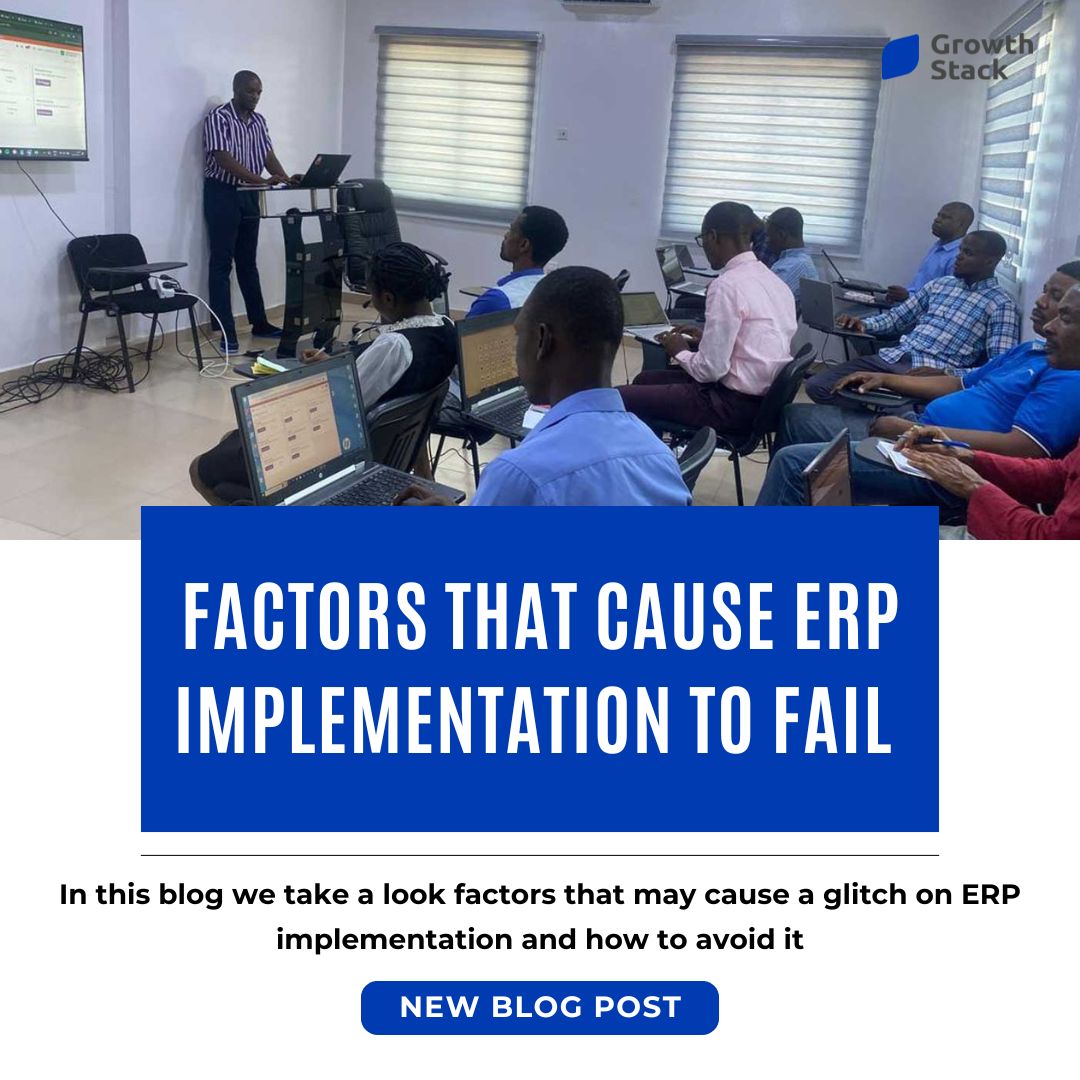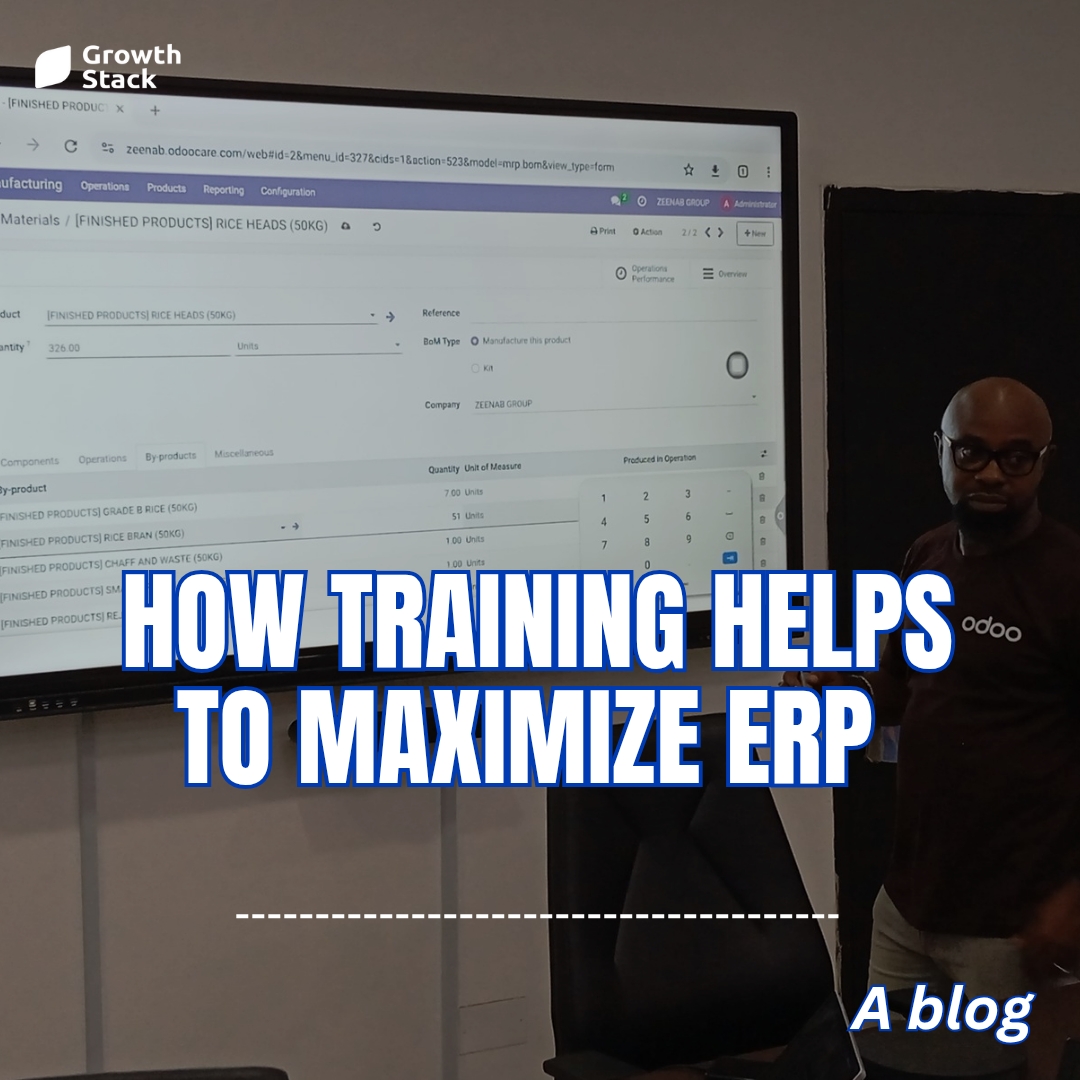Enterprise Resource Planning (ERP) systems are critical for streamlining business processes, yet many implementations fail due to various reasons. Understanding the factors that cause ERP implementation to fail is essential to achieving success. This guide will discuss these factors and how to mitigate them for a seamless transition.
1. Lack of Clear Goals and Objectives
One of the primary factors that cause ERP implementation to fail is the absence of well-defined goals. Without clear objectives, businesses struggle to measure success, leading to misaligned expectations.
Key takeaway: Define specific, measurable goals before initiating the ERP project.
For more detailed guidance on goal-setting for ERP, explore this [comprehensive guide to ERP planning](https://www.
2. Inadequate User Training and Engagement
User resistance and insufficient training are significant factors that cause ERP implementation to fail. Employees must understand the system to utilize its full potential.
Key takeaway: Invest in comprehensive training programs and foster user engagement throughout the implementation process.
3. Poor Project Management
Weak project management is another critical factor that causes ERP implementation to fail. Delays, budget overruns, and scope creep are common issues stemming from poor management.
Key takeaway: Assign experienced project managers and adopt effective project management methodologies.
4. Data Migration Challenges
Improper data migration is a technical factor that causes ERP implementation to fail. Data inaccuracies and loss during migration can disrupt operations.
Key takeaway: Conduct a thorough data audit and use reliable tools for migration.
5. Choosing the Wrong ERP Vendor
Selecting an unsuitable ERP vendor is a strategic factor that causes ERP implementation to fail. A mismatch between business needs and software capabilities often leads to failure.
Key takeaway: Evaluate vendors carefully, focusing on industry-specific solutions and long-term support.
Conclusion
Avoiding the factors that cause ERP implementation to fail requires proactive planning, employee involvement, and strategic vendor selection. By addressing these issues, businesses can maximize the ROI of their ERP systems.













